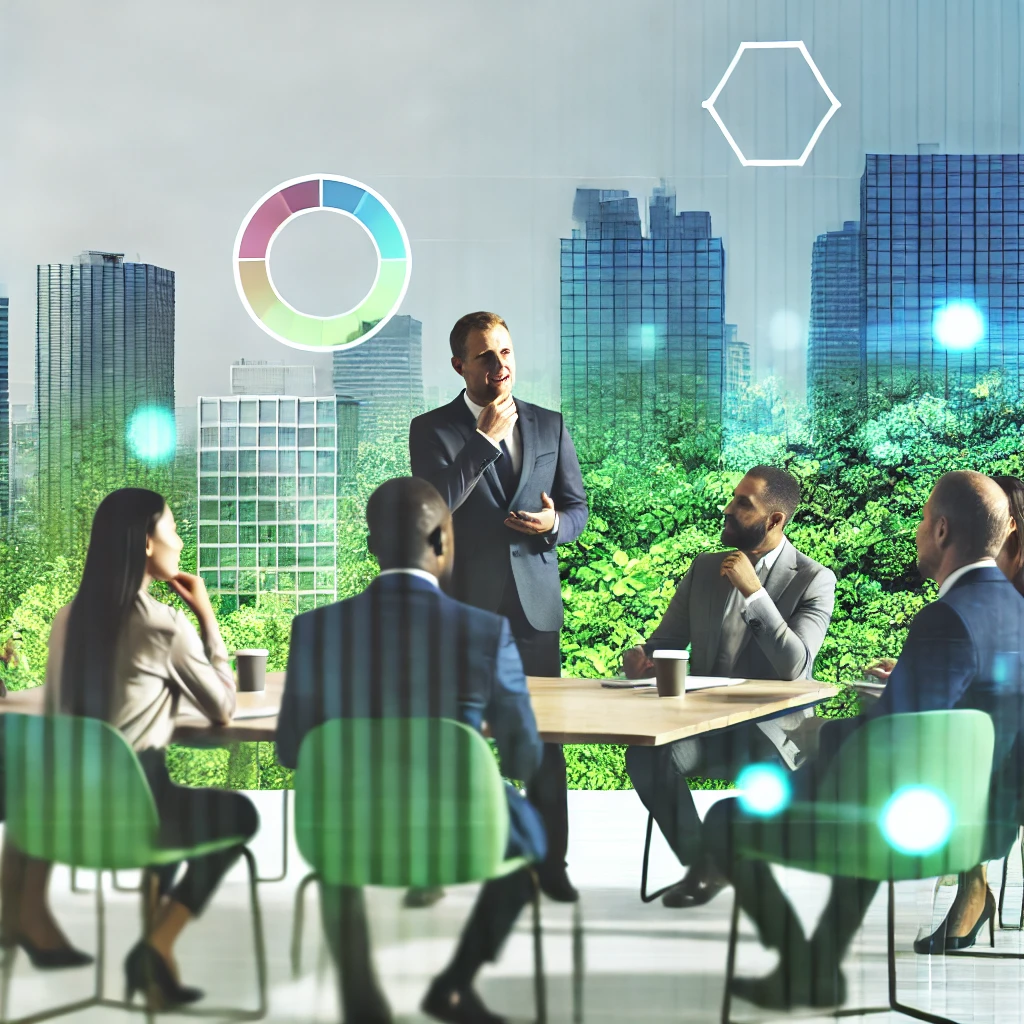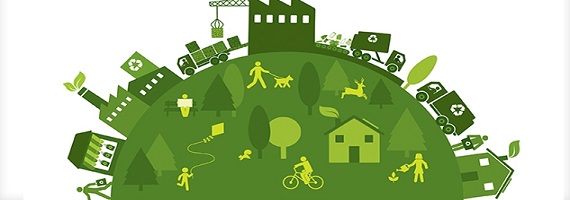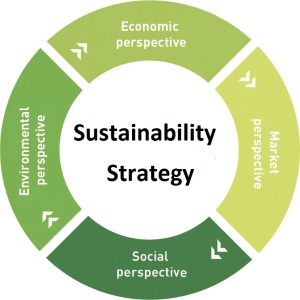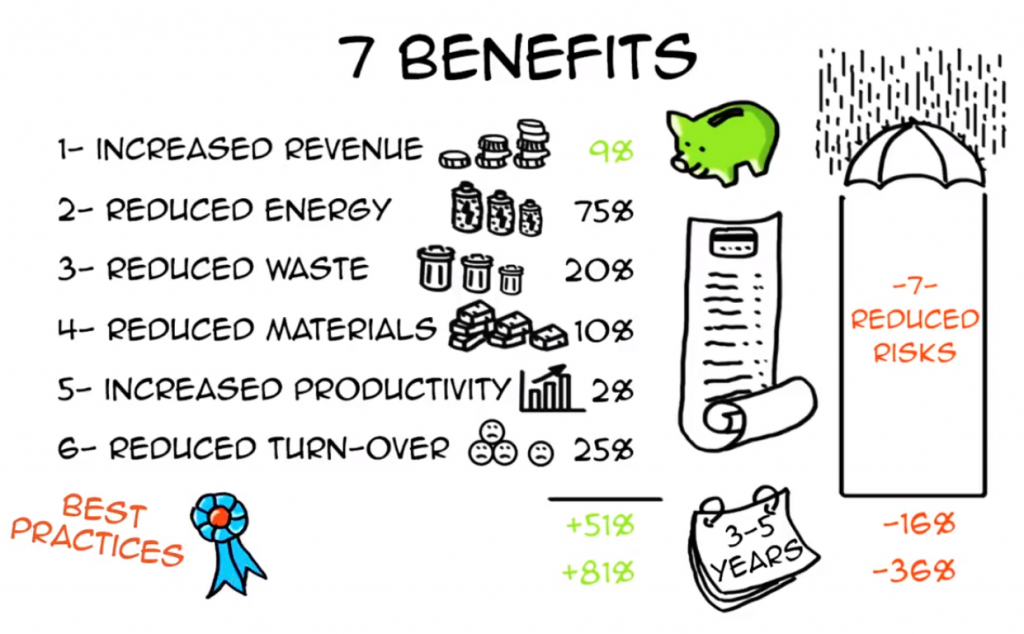Your bag is empty
Don't miss out on great deals! Start shopping or Sign in to view products added.
Shop What's New Sign in
As we look towards the future of business, several global trends are impossible to ignore. Our planet is home to seven billion people, and by 2050, this number will reach nine billion. Alongside this population growth, we are witnessing rapid urbanization, the expansion of mega-cities, and the rise of the middle class in emerging markets. This surge creates unprecedented demand for food, consumer goods, housing, transportation, infrastructure, energy, and water. Meeting these demands sustainably is imperative for the future.

Providing energy and housing for a growing population requires innovative, sustainable production and usage methods. We are encountering significant constraints on natural resources and agricultural inputs essential for producing goods for nine billion people. Companies must adopt innovative approaches to create and deliver products efficiently and sustainably.

Corporate sustainability is a business approach that recognizes the importance of social and environmental considerations. It aligns with the “triple bottom line” framework, encompassing people, planet, and profit. Today, multinational corporations, with revenues exceeding some countries’ GDPs, must embed sustainability into their operations and values.
My journey with sustainability began in business school. Initially aspiring to be a doctor, my interest shifted to environmental science. I realized the critical need for sustainable natural resource management. The private sector’s power and scale can address large-scale global, social, and ecological challenges. My internship at Wal-Mart, focused on reducing food waste, underscored the intersection of business efficiency and environmental responsibility.
Businesses today face the challenge of excessive food waste, impacting all sectors. Companies like Wal-Mart are addressing this by innovating in packaging, logistics, and supply chain management. Sustainability is not just a risk management tool but an integral part of business operations. Embedding sustainability ensures lasting impact and efficiency.

Consumers now demand transparency, caring about a product’s origin and production methods. Sustainability involves managing risks across supply chains, workforce treatment, and product lifecycle. Businesses are now leading environmental initiatives, recognizing sustainability as a strategic opportunity for innovation and growth.
Sustainability has evolved from footprint reduction to a business opportunity. Companies are leveraging sustainability to drive product innovation, improve supply chain efficiency, and address potential risks before they become liabilities. Forward-thinking businesses view sustainability as a vehicle for delivering solutions to global challenges.
Innovation in sustainability offers endless possibilities. Climate change and other global challenges present business opportunities. By developing new energy sources and efficient operational methods, businesses can create a sustainable future. This era is ripe with opportunities for transformative solutions.
Social entrepreneurs are not content just to give a fish or teach how to fish. They will not rest until they have revolutionized the fishing industry.”
Today’s students are the future leaders of sustainable innovation. They have the tools and knowledge to drive change in various industries. Whether in marketing, supply chain operations, or investment banking, everyone can champion sustainability. Embracing a sustainability mindset can transform organizational culture and operations.
The shift towards sustainability is gaining momentum, with markets rewarding sustainable actions and consumers valuing them. By focusing on sustainability, businesses can make a significant impact. No matter the industry, every professional can advocate for sustainable practices, driving a collective effort towards a better future.